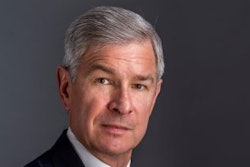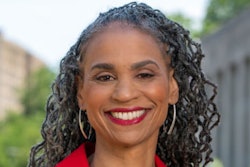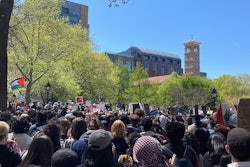For hundreds of thousands of the nation’s poor adults, community
colleges have long delivered their best chance for gaining sufficient
education and training to land a job that could break their dependence
on welfare.
Literacy and technical programs, and those that lead to various
certificates and degrees have given many on public assistance the extra
oomph they need to become self-supporting.
But a year after passage of federal legislation limiting the
educational options of welfare recipients, community colleges
throughout the country are scrambling to ease the impact on current and
potential students.
Employment now takes priority over education and training, meaning
many will languish in dead-end and low-paying jobs, never to break the
cycle of poverty, observers say. And early indications from several
states reveal a steep enrollment drop for students on welfare.
“We firmly believe that educating for high-skilled, high-wage jobs
is the way to keep people off welfare and help them have a more
productive life,” says Dr. Deborah L. Floyd, president of Prestonsburg
Community College in the heart of Kentucky’s Appalachian region. “We
feel that while they are students, they should be allowed to have
sufficient time to finish college. “
Prestonsburg and other community colleges in the state already have
witnessed a drop in enrollments among low-income students. Last year,
the college enrolled 353 students who also received public assistance.
This year, the number has plunged to 147.
Officials say the decline is an early sign that welfare reform will
come at a heavy price for residents of the poor Appalachian communities.




















